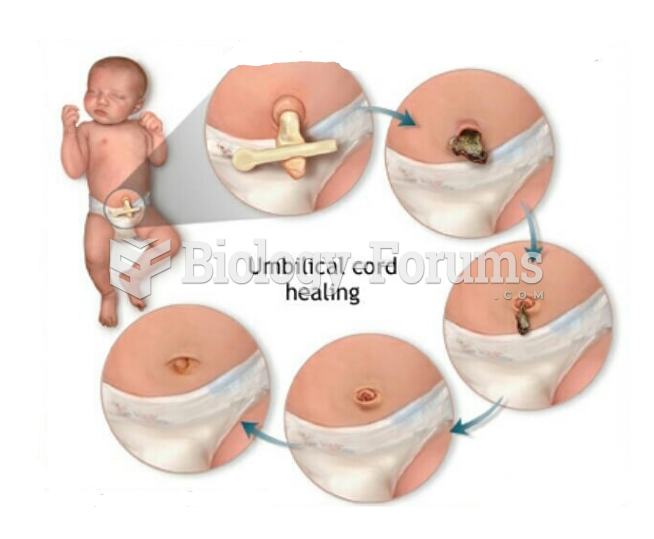|
|
|
Earwax has antimicrobial properties that reduce the viability of bacteria and fungus in the human ear.
The B-complex vitamins and vitamin C are not stored in the body and must be replaced each day.
By definition, when a medication is administered intravenously, its bioavailability is 100%.
Once thought to have neurofibromatosis, Joseph Merrick (also known as "the elephant man") is now, in retrospect, thought by clinical experts to have had Proteus syndrome. This endocrine disease causes continued and abnormal growth of the bones, muscles, skin, and so on and can become completely debilitating with severe deformities occurring anywhere on the body.
Vaccines cause herd immunity. If the majority of people in a community have been vaccinated against a disease, an unvaccinated person is less likely to get the disease since others are less likely to become sick from it and spread the disease.






